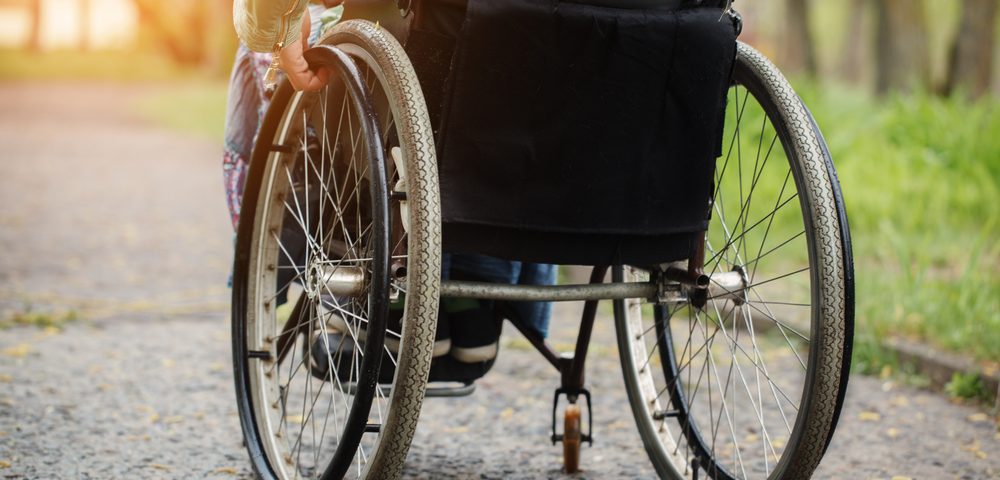‘Soothie Cushion’ Designed to Regulate Body Temperature in Travelers With MS, Other Disabilities

Newly launched, the Soothie Cushion is designed to provide seating comfort and help regulate the body temperature of travelers with disabilities, including multiple sclerosis (MS) and myasthenia gravis, says its official retailer, Special Needs Group/Special Needs at Sea (SNG).
The product is said to offer enduring comfort to wheelchair users through hot and cold therapy. What largely sets the Soothie Cushion apart from other temperature-regulating treatments is its ability to use hot and cold therapy alternately — one immediately after the other — to offer quicker healing, recovery, and prescription-free pain relief, the company said.
Using a hot and cold “therapeutic pack,” the product requires no batteries or plug-ins, and can be strapped to a chair as well as the body.
“The Soothie Cushion is in alignment with our mission at SNG, which is to deliver an accessible world through special needs equipment,” Andrew J. Garnett, SNG founder, president, and CEO, said in a news release. “We want travelers with special needs to enjoy exploring while in comfort, and with peace of mind. The Soothie Cushion provides a wonderful opportunity for travelers with MS and other disabilities to experience the relief of a new kind of hot and cold therapy.”
In general, heat therapy dilates blood vessels in the muscles, increasing the flow of oxygen and nutrients, and helping in the healing process. Meanwhile, cold therapy can decrease inflammation and provide relief by numbing sore tissues.
To keep the body from overheating, Soothie Cushion may be used for heat therapy for up to a half-hour at a time. Avoiding open wounds, cold therapy may be used for up to 10 minutes per hour. Contrast therapy is not recommended for post-surgery use.
In MS, too much heat can cause symptoms to worsen. Events that can cause a rise in body temperature include newly hot or humid weather, exercise, sunbathing, showering or bathing, or running a fever. Such heat intolerance can cause fatigue, blurred vision, loss of balance, or a decrease in concentration or memory.
Physicians widely believe that an increase in body temperature causes nerves to conduct electric signals less efficiently, particularly if MS has already damaged nerve fibers. As it is, damaged fibers transmit messages to and from the brain at a slower pace, and until fibers cool, heat further negatively affects communication between the brain and spinal cord.
Apart from heat intolerance, some MS patients also report that symptoms, especially spasticity, worsen in cold weather. Patients are therefore advised to avoid extremes of hot or cold. The Soothie Cushion appears to be able to help patients strike a balance, SNG noted.
“The product we offer is the result of over a decade of development, testing and research,” said Claudia Rimoli, founder and manufacturer of the Soothie Cushion. “We are extremely proud to partner with Special Needs Group to provide an accessible and portable product for customers with special needs to experience hands-free hot and cold therapy relief while traveling.”
According to SNG, the Soothie Cushion, which retails for $99, may also help with conditions such as sports injuries, migraines, sciatica, scoliosis, arthritis, fibromyalgia, and muscular dystrophy.






